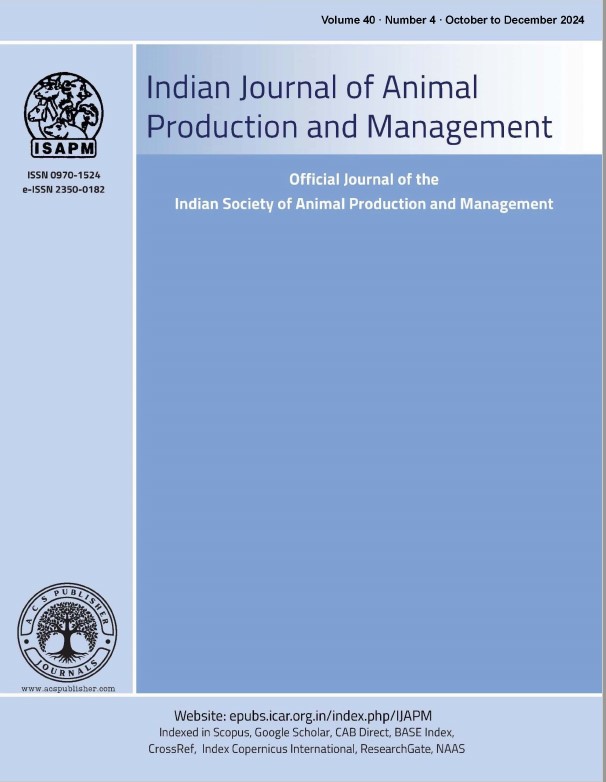Ethics and Malpractice
Editorial Responsibilities
Editors evaluate submissions based solely on scientific merit, relevance and clarity. All manuscripts are handled confidentially. Editors must avoid using unpublished data from submissions in their own research. Ethical issues raised about published or submitted papers will be investigated honestly and transparently.
Author Responsibilities
Authors must ensure accuracy, originality and honesty in their work. All authors must contribute significantly to the study and approve the final version. Conflicts of interest must be disclosed. Studies involving animals require ethical approval and documentation. Plagiarism, data manipulation and duplicate publication are strictly prohibited.
Reviewer Responsibilities
Reviewers must provide objective and constructive critique. Manuscripts received for review must be treated as confidential. Reviewers should decline to review when conflicts of interest exist and must not use unpublished material for personal gain.
Plagiarism and Misconduct
The journal checks submitted manuscripts for plagiarism. Misconduct such as copying, falsifying data or improper authorship will result in rejection or retraction. The journal follows COPE-inspired procedures for handling ethical breaches.
Animal Ethics
Research involving animals must follow established welfare guidelines. Authors must state ethical committee approval, animal care conditions and welfare compliance.
Data Transparency
Authors should retain raw data and provide it on request. Data availability statements may be included where appropriate.
Peer Review System
IJAPM uses a double-blind external peer review system. Manuscripts first undergo editorial screening and then external review by at least two experts. The Editor-in-Chief makes the final publication decision.
Special Issues and Guest Editors
Special Issue manuscripts undergo the same review process as regular papers. Guest Editors are appointed by the Editor-in-Chief and must follow journal policies. All final acceptance decisions are made by the Editor-in-Chief.
Corrections and Retractions
When significant errors or ethical issues arise, the journal may publish corrections, retractions or expressions of concern. Actions are taken fairly and transparently.
Complaints
Concerns related to editorial decisions, peer review or ethics may be addressed to the Editorial Office or ACS Publisher. All complaints are handled fairly and promptly.

